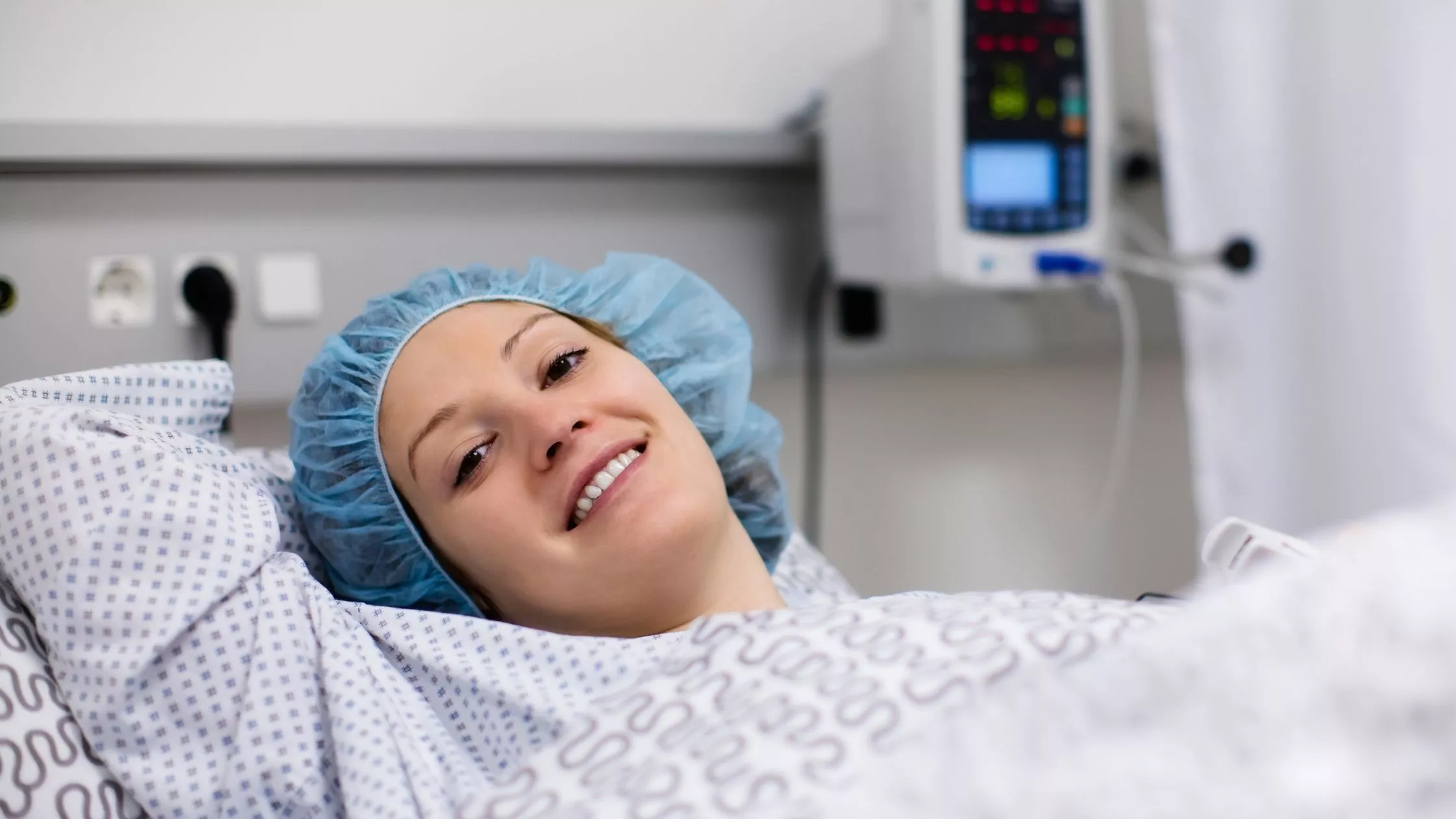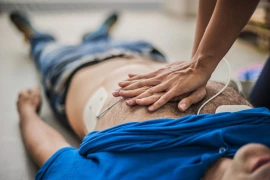
Post-Surgery Considerations
- Post-Surgery Considerations
You had a heart surgery, after which you returned to home life. You may not feel as safe at home as in the hospital, so you may be worried about what you encounter. But the place where you will recover the fastest after the surgery is your home.
As your recovery process accelerates, it will be time to do the activities you previously enjoyed with pleasure. You will feel better and stronger over time after the surgery. That's why you have to be patient.
Many people can be irritable, depressed, and nervous after heart surgery. If you are like this, you should not forget that this process is a normal and temporary situation. You can get through this period quickly and comfortably by sharing your feelings and thoughts with your relatives.
Pay Attention to Your Life Habits!
You need to pay attention to your habits in order to recover faster after the surgery and to avoid any health problems.
Eat Small Portions!
It is quite normal to have a lack of appetite for the week after surgery. Feed frequently and in small portions for the first month. If you don't have blood pressure or diabetes, you can eat anything without overdoing it.
Take Care to Drink Plenty of Water!
After the first month, pay attention to the nutrition recommended by your dietitian for your heart health.
Control Your Movements!
You should control your movements for the first 2 months. This is because your breastbone was cut during the surgery. If you make wrong moves, the union of this bone is delayed or even prevented.
For this reason, you should spend your first day at home resting. Instead of lying in bed, you can rest your feet on an armchair.
Other things to note are:
- While bending, you should bend from your knee, it is inconvenient to bend from the waist.
- Do not reach for objects above shoulder level.
- Take care to use your leg muscles instead of your arms when getting up from your seated places.
- When you get out of bed, slide onto the edge of your bed while lying on your back. Bend the knee slightly and slowly bend to the side. Using your elbow, carefully push your body upwards. Make sure your arm is on the other side of your body. At this stage, slowly lower both legs to the floor. Sit for a while. At the same time, you will prevent your head from spinning. Once in the first 2 weeks, you can climb stairs by increasing it 1 layer later. Be careful not to lift anything heavier than 5 kilos in the first month.
- Take your medicines on time.
- Do not take your medicines that you did not take on time with 2 doses at the next time.
- Walk Every Day!
- Walk regularly every day, except in very cold and very hot weather. Keep the walking track flat. Have a companion with you in the first months.
- Weigh Every Morning!
- Weigh yourself regularly in similar clothes half an hour after waking up every morning. If there is more than 1 and a half kilos of play per day, report this to your nurse.
- Use Your Chest Corset for 2 Months!
- Use your chest corset for 2 months. Combine the front of your corset with your hand, especially when sneezing and coughing. Wear your embolism-preventing socks during the day. You can take off the socks at night when you go to bed.
- Bath Every Day!
- Take a bath every day using an unscented soap. Wash with warm water, avoid hot water. When you take a shower, be careful that the water comes to your back.
- Do Not Drive For The First 2 Months!
- Do not drive in the first months. While traveling during this period, prefer the back seat. Avoid long trips. Do not travel more than 1 hour. Extend your feet as you do it.
Post-Surgery Questions
Am I so hard on myself?
- Any of the following during any job you do indicates that you are so hard on yourself:
- Drowsiness, dizziness, drowsiness
- Vomiting and Nausea
- Cold sweats
- Palpitation
- Shortness of breath that makes it difficult for you to speak
- Extreme weakness and fatigue
- Chest, neck, back, jaw, arm and tooth pain, pressure sensation
What Housework Can I Do?
- Dusting
- Watering flowers
- Simple cooking
- Washing up
- Simple repair
- Preparing the dinner table
What Housework Should I Avoid?
- Changing the bedspread
- Landscaping
- Clean up the house
- Taking the trash out or lifting furniture
What Social Activities Can I Do?
- Playing cards
- Knitting, painting
- Shopping
- Walking with friends
- Going to the cinema




